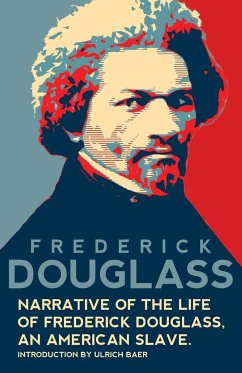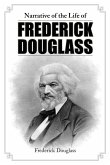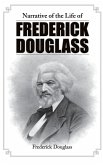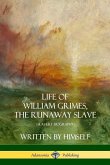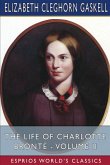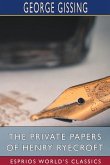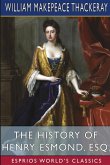Frederick Douglass, the renowned nineteenth-century orator, editor, publisher, and statesman, was born into slavery in Maryland and escaped in 1838. He quickly became a national leader of the abolitionist movement to which he contributed an unrivaled body of speeches and writings that challenged America to live up to its founding ideals. In his most famous work, Narrative of the Life of Frederick Douglass, an American Slave (1845) he details his path from slavery to freedom in a vivid and engrossing story. The book is both a memoir and a powerful polemic on justice and is considered a foundational text in the creation of American identity. Douglass was larger than life: a principled critic of the United States, a vocal patriot, a mirror to his society, and a prophet of a better future yet to come. He unflinchingly upheld the values of the U.S. Constitution and human rights in ways that resonate for anyone fighting for freedom, equality, and democracy. This Warbler Classics edition includes a new introduction by Ulrich Baer and an extensive biographical timeline.

